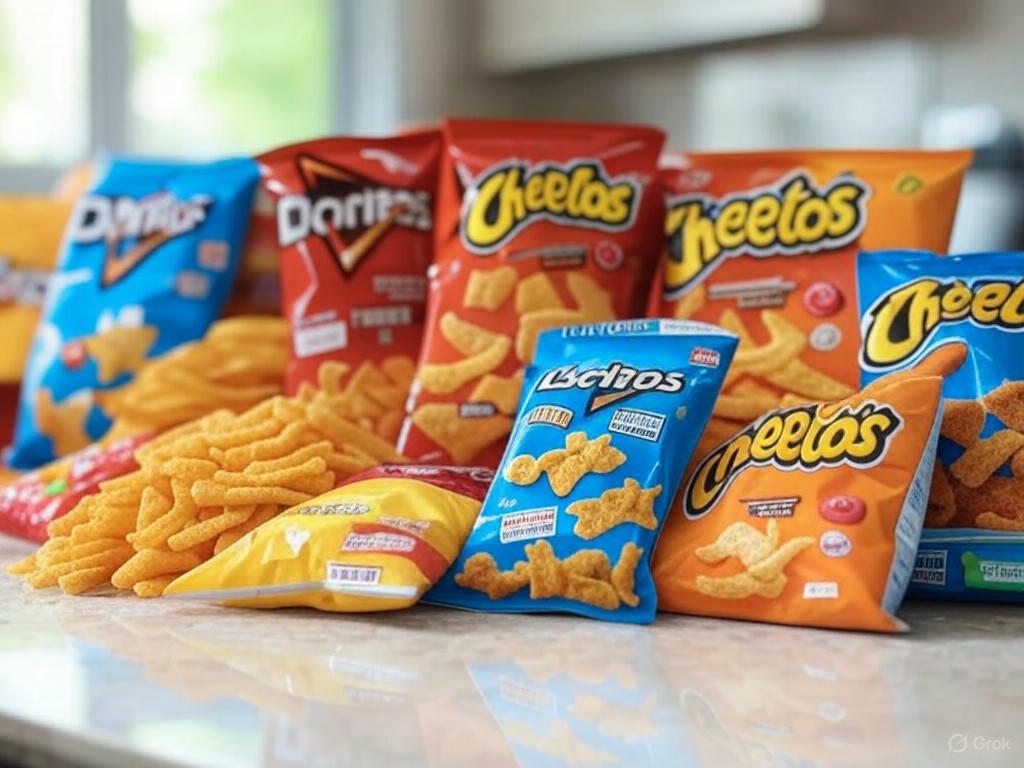Texas Takes a Bold Stand: Warning Labels on Popular Snacks Like Doritos and M&Ms
Texas is gearing up for a significant shift in the way consumers interact with their favorite snacks. Starting later this year, popular brands like Doritos, Cheetos, and M&Ms will carry warning labels on their packaging across the Lone Star State. This move, aimed at raising awareness about the health risks associated with high-sugar, high-fat, and high-sodium foods, marks a pioneering step in public health policy. State officials hope that these labels will encourage healthier eating habits among residents, particularly in a region known for its love of bold flavors and indulgent treats.
The decision to implement warning labels stems from growing concerns over rising obesity rates and related health issues, such as diabetes and heart disease, which have burdened Texas’s healthcare system for years. Lawmakers argue that providing clear, upfront information about the nutritional content and potential risks of these snacks will empower consumers to make informed choices. The labels are expected to highlight key concerns, such as excessive calorie counts or unhealthy levels of processed ingredients, much like warnings seen on tobacco or alcohol products. While the exact design and wording of the labels are still under review, the message is clear: indulgence should come with caution. This initiative has drawn comparisons to similar policies in other countries, where front-of-package warnings have led to measurable shifts in consumer behavior.
However, the policy has sparked a heated debate. Snack food manufacturers and some business advocates worry that the labels could harm sales and unfairly target their products. They argue that personal responsibility, rather than government intervention, should guide dietary choices. On the other hand, health experts and consumer rights groups applaud the move, emphasizing that transparency is critical in combating the public health crisis. For many Texans, the change might feel jarring at first—imagine reaching for a bag of cheesy chips only to be greeted by a stark reminder of its nutritional pitfalls. Yet, proponents believe this discomfort is a necessary nudge toward better long-term habits.
As the rollout date approaches, the food industry is bracing for impact. Some companies may reformulate their products to avoid the warning labels, while others could ramp up marketing efforts to counterbalance the negative messaging. Meanwhile, Texas residents are left to ponder how these changes will affect their snacking routines. Will a warning label deter someone from grabbing a handful of candy on a whim, or will the allure of comfort food prevail? Only time will tell if this bold experiment will reshape the state’s relationship with junk food. For now, one thing is certain: Texas is taking a stand, and the world is watching to see if other states follow suit in prioritizing health over convenience.


